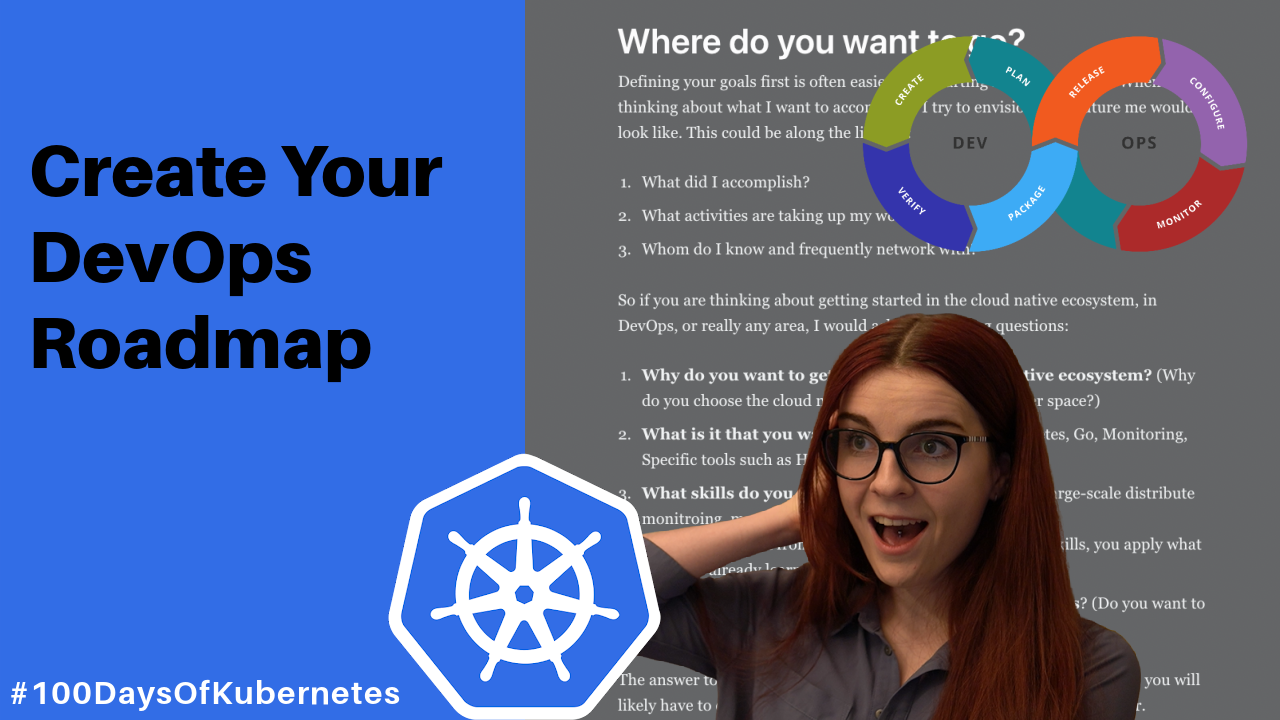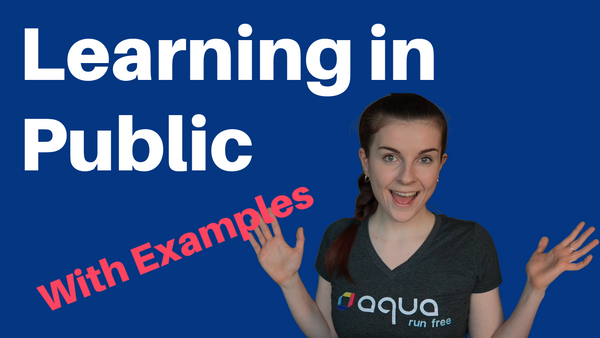Let’s answer some questions
What is learning in Public?
When you start to learn in public, your goal is to share the steps that you are following to learn a new topic publicly. Thereby, it does not matter how much detail you share and how often you post. Generally, the more you share, the more you will get out of the experience and the more frequent you share, the more people will engage with your efforts.
Why would you want to learn in public?
Sharing your learning journey publicly can be a daunting experience. People, whom you have never met before will be able to see the things you are working on, your thought process, your achievements but also all areas where you can improve.
Let me tell you this, no one is going to go through your content looking for mistakes. The reason people go through other people’s content is that they are looking themselves for answers to their problems e.g. when they are stuck with a coding problem or a bug or don’t know how to configure a tool.
Similarly, if your content is not helpful for someone, they usually just move on and look somewhere else for content that fits better to their needs and answers their questions.
(If someone is giving you unconstructive feedback, I am really sorry for that person not having something better to do). Those people who give you constructive feedback genuinely just want to help. So this is one of the many benefits of learning in public — you get feedback from the community. Without seeing your work, it will be difficult to give you feedback or for you to ask somebody for feedback. More benefits are listed in the next section.
How do you get started?
- Find a topic, anything that gets you excited, that you really want to learn about.
- Look for resources that will help you get started with the topic. Usually, there are a bunch of free online resources that you can follow. The benefit of paying for a course is that someone has put a lot of thought into the learning experience for you; for instance, by identifying which tools build upon each other, and to structure them into a consumable format. However, you can do the same yourself.
- Look for beginner content.
- Try to identify which content builds on one another e.g. you would not use CSS without HTML, so familiarise yourself with HTML first. Alternatively, if you cannot identify which topics are related, look for beginner resources such as books or online documentation and follow one content piece from A -Z. It could also happen that you start with one type of content e.g. a book and in the third chapter you realise that the book is not at your level and you have to look for other content to learn from.
- Set weekly goals.
- Decide how much time you want to allocate to learning each day and when this will be e.g. before work or University or after dinner etc.
What is the goal?
The goal depends entirely on you. I have written about goal setting in one of my previous blog posts.

Ways to share your learning journey
I have created this list of “mostly” free tools and also some platforms that are paid for, which provide you with the tools to share your knowledge.
Usually, and depending on the type of content that you want to share, you just need a blog and or a GitHub account and you can get started. My first blog was on Medium. Eventually, I switched to a paid platform. Lots of people are now starting out on Dev.to. As you can tell, there are lots of options for your first blog.
When I got started coding, I’ve put all of the code snippets and examples that I was working with into a GitHub repository. You do not have to contribute right away to open-source projects to improve your own coding skills and make your work public.
Benefits
Some benefits may include:
- Making public commitments can keep you going for longer on your learning journey
- You may receive really valuable feedback from lots of people on a similar learning journey
- You may connect with people learning about similar topics — it’s more fun to learn together
- Writing down and iterating on what you are learning can improve and deepen your knowledge.
- Future employers highly value seeing your existing work online — it gives them higher confidence in deciding for you as their next employee.
Resources
- If you want to get started with open source contributions join Eddie Hub
- Here is a list of amazing repositories that provide a collection of resources
- Have a look at Kunal’s videos
- Kunal and I recorded an entire video on working in public
Last tip: Start with anything! Once you are in motion, it is a lot easier to change course.

